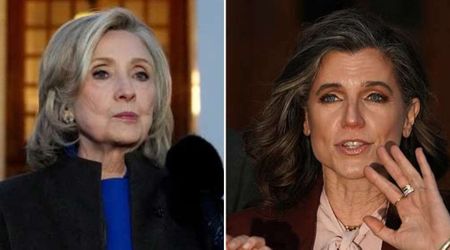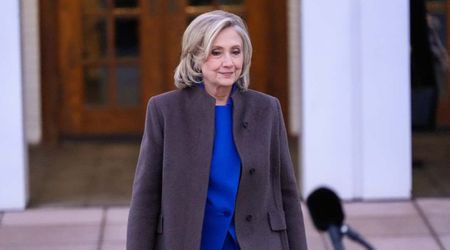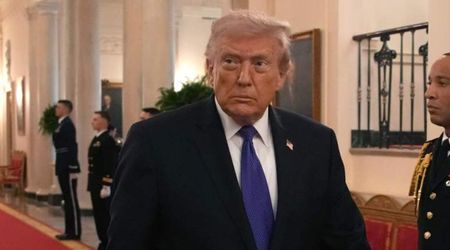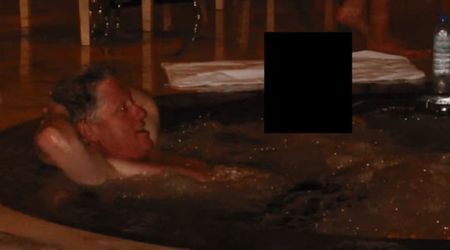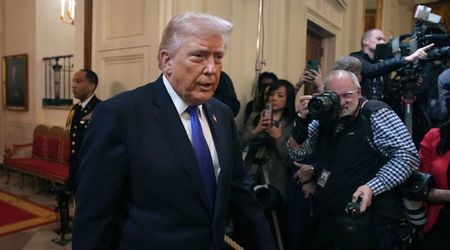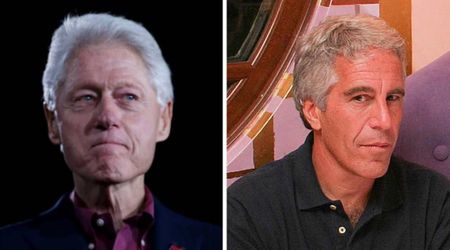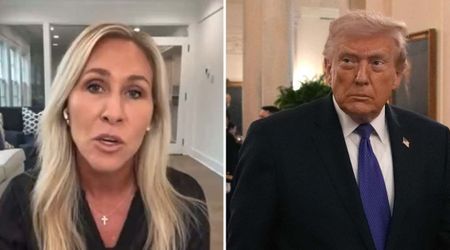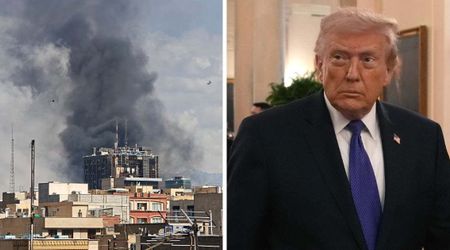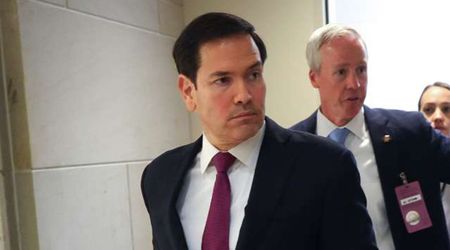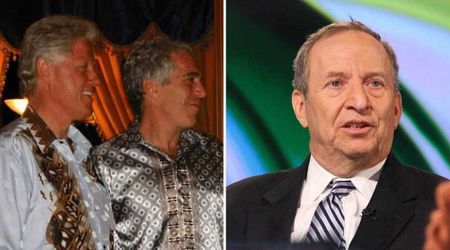Army's failed $11M marketing deal with Dwayne Johnson and UFL: A textbook case of buyer's remorse

WASHINGTON, DC: The US Army finds itself in a challenging situation after an $11 million marketing partnership with the United Football League (UFL) and Dwayne "The Rock" Johnson.
The high-stakes deal, aimed at bolstering Army recruitment, appears to have backfired significantly — potentially harming enlistment efforts and prompting the Army to seek financial redress.
Army's deal with United Football League and Dwayne 'The Rock' Johnson yields disappointing results
Despite the substantial investment, internal documents and emails reviewed by Military.com indicate that the deal may not have resulted in any new recruits. In fact, it might have had a detrimental impact on the Army's recruitment efforts. The Army is now contemplating recovering some of its investment.
The Army's agreement with the UFL, an emerging minor league positioned as an alternative to the NFL, was signed earlier this year. The league's inaugural season, spanning from March to June, failed to make a notable impression.
Central to the deal was Johnson, a co-owner of the league, who was expected to act as a brand ambassador for the Army. However, the actor reportedly did not meet his contractual obligation to post a specified number of service-related messages on his social media platforms.

The timing of this failed marketing venture is particularly troubling as the Army grapples with a historic recruiting crisis. The service has struggled to adapt to modern marketing trends, continuing to invest heavily in traditional media such as cable TV ads and sports broadcasts, which do not resonate with Gen Z's media consumption habits.
An internal review revealed that the UFL deal resulted in a projected loss of 38 potential enlistments. The Army uses various metrics to evaluate the effectiveness of its marketing strategies, and the resources allocated to the UFL partnership were deemed a net negative for recruiting.
Army seeks to recoup $6 million from United Football League
The partnership's allure largely hinged on Dwayne Johnson's massive social media presence, boasting 396 million Instagram followers. The Army anticipated that his endorsement would significantly elevate its brand.
However, the former WWE star only posted two of the five promised ads, which the Army valued at $1 million each.
Consequently, the Army is seeking to recoup $6 million from the UFL, although the rationale behind this specific amount remains unclear.
"We are in the process of working with the UFL to determine the final cost," said Laura DeFrancisco, spokesperson for the Army's marketing arm. She also noted that some reviewed materials were out of context but did not specify inaccuracies or agree to interviews.
Requests for comments from the UFL and Johnson's publicist were unanswered at the time of publication. From the outset, Army staff had expressed reservations about partnering with the UFL, citing high costs, low viewership, and minimal recruitment potential.
View this post on Instagram
Army received internal warnings about possible consequences of the deal
A senior Army marketing official likened this deal to the National Guard's $88 million NASCAR sponsorship, which reportedly failed to yield new recruits. Despite internal warnings, the UFL partnership was approved by Gen Randy George, the Army chief of staff, as revealed in an email exchange with senior staff.
Since April, Johnson has not posted any Army-related content on his Instagram. The posts he made earlier featured interactions with generals and his visit to the Walter Reed National Military Medical Center in Maryland.
"In terms of The Rock, it's unfortunate he was pulled away at a time when we expected him to be present with us to create content for his social media channels," told Col Dave Butler, spokesperson for Gen George, to Military.com in a statement. He added, "But we're working with the UFL to rebalance the contract. The Rock remains a good partner to the Army."

